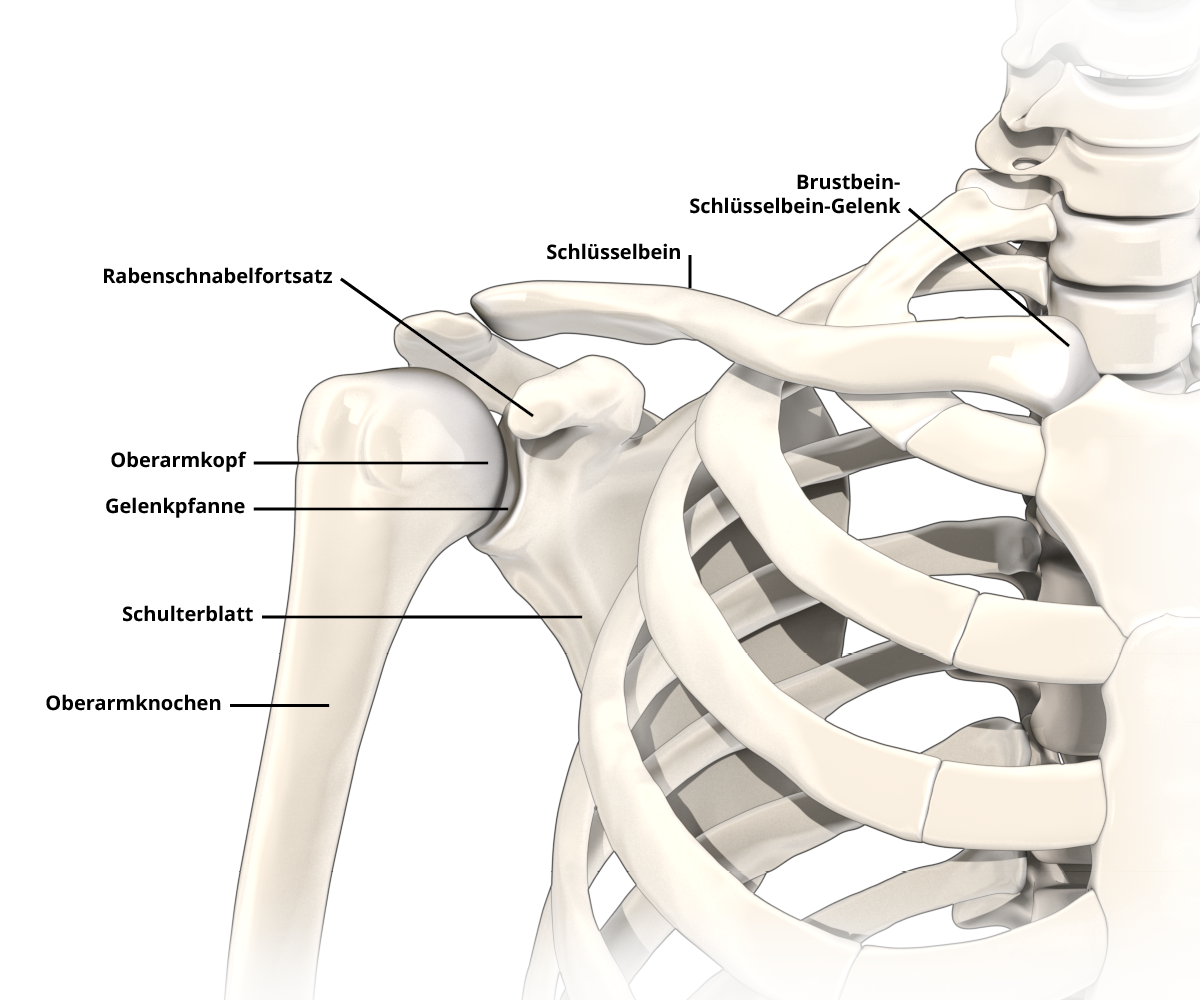Treatments
Conservative therapies
In the early stages of osteoarthritis, the patient will experience pain and discomfort, but it does not have a major impact on their lifestyle. In these cases, there are various measures that can be used to alleviate shoulder complaints without surgery.
Pain relief
In the early stages of treatment, well-tolerated painkillers such as paracetamol are used. In the case of advanced osteoarthritis of the shoulder joint, non-steroidal anti-inflammatory drugs (NSAIDs) are used. These act directly at the source of the pain to alleviate discomfort. If the patient suffers from chronic pain that is not alleviated by the drugs mentioned above, strong painkillers or opiates may be used. However, these drugs are addictive and are therefore only prescribed very rarely.
Special use of cortisone
Cortisone is not actually a painkiller, but a hormone: a corticosteroid. As a distinction, the painkillers mentioned above are referred to as ‘nonsteroidal’. Cortisone modulates the body’s immune response and suppresses inflammatory reactions. This makes it a very potent pain reliever. However, if administered in tablet form, it also has common side effects such as water retention, weight gain, etc. It is often indispensable in the treatment of rheumatic diseases, and the benefits far outweigh the side effects. In the case of osteoarthritis, it should only be used as a tablet if there is no other option, and then only for a short period.
Physiotherapy
Physiotherapy is the most important treatment for osteoarthritis of the shoulder. Physiotherapeutic exercises help to relieve pain and keep the shoulder joint flexible. There are also various exercises that can strengthen the muscles and thus relieve the joint.
Joint infiltration
A mixture of cortisone and local anaesthetic is injected into the joint, guided by X-ray or ultrasound. Local anaesthetics work immediately, while cortisone has a long-term effect. Because every infiltration carries a (very low) risk of infection and cortisone can damage intact cartilage or tendons, joint infiltration should only be carried out if the osteoarthritis is severely advanced or the pain is no longer bearable.
Because cortisone can only relieve pain, rather than healing the joint, its effect does not last forever. Therefore, it is advisable to carry out physiotherapy after the infiltration to extend the positive effect.
Surgical treatment
If the osteoarthritis of the shoulder joint has progressed so far that conservative methods are no longer effective, surgical intervention is necessary.
Shoulder joint replacement
The only permanently effective solution for advanced osteoarthritis is a joint replacement or prosthesis. There have been incredible advancements in prostheses, especially for the shoulder. With the correct indication and operation, they can restore mobility and relieve pain.
There are essentially two types of prosthesis for the shoulder (in many different designs).
- Anatomical prosthesis: This replicates the human anatomy.
- Inverse prosthesis: This is a masterpiece in joint care and a brilliant invention because it does not replicate the anatomy of the joint, but rather its function.




